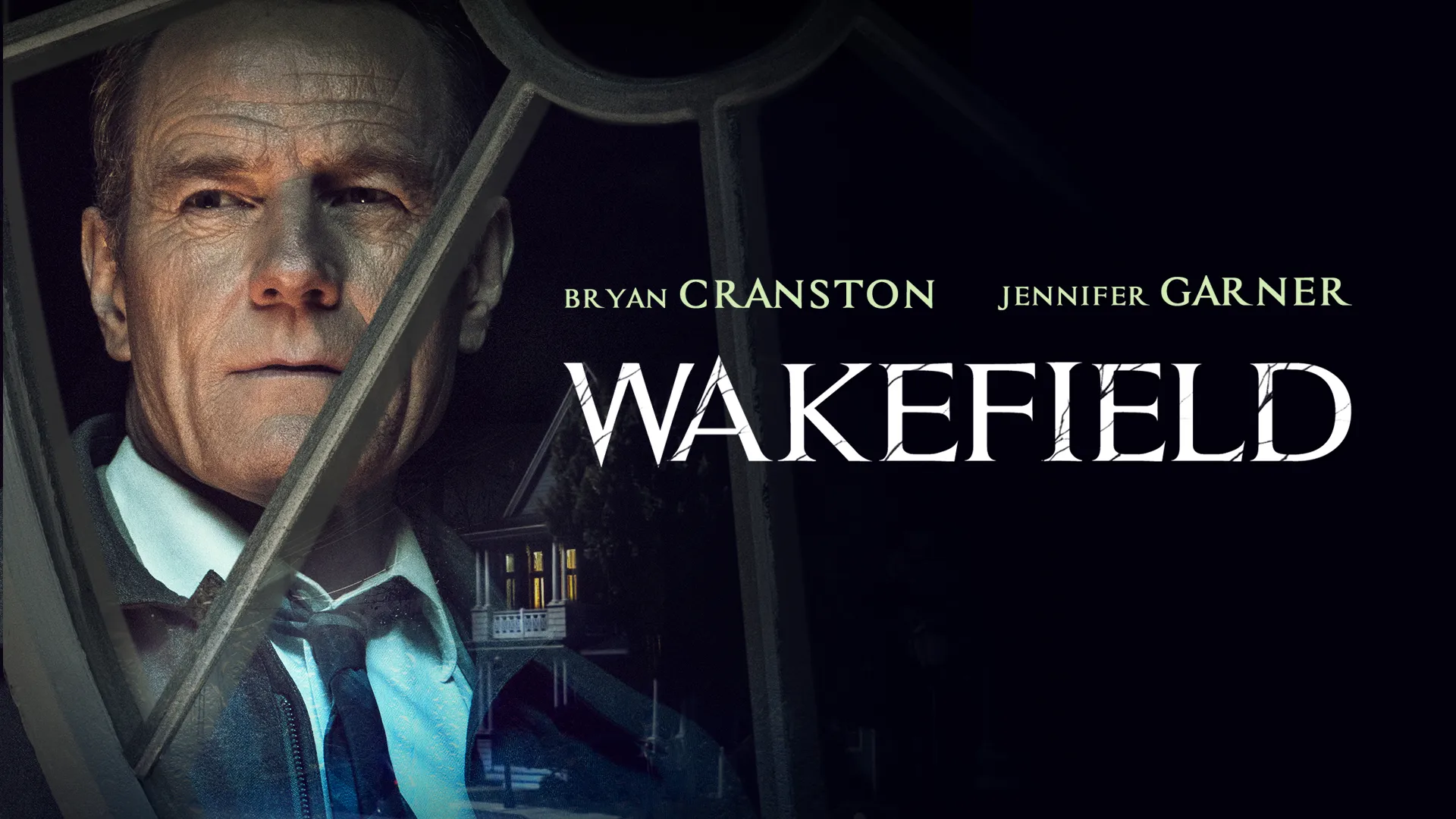"Before language, before time — something waited beneath, and it never forgot."
Gods of the Deep (2023) is a descent into the deepest waters of fear — where humanity doesn’t just confront the unknown, but something older: a buried memory that civilization has tried desperately to forget. This isn’t a film about sea monsters. It’s an apocalypse scripture, written in cold stone, clotted blood, and rituals long erased from history.

The story begins with a team of marine engineers and archaeologists sent to investigate a newly discovered ocean trench — where strange sonar signals have caused entire military submarines to vanish without a trace. What they uncover isn’t fossils or magma. It’s architecture. A submerged city, buried in dark silt, still bearing columns, statues, and evidence of sacrificial rites. What’s terrifying is: it resembles no known civilization.

The film’s atmosphere is thick, cold, and slow — as if time itself stretches under the pressure of water and dread. Every step deeper invites a voiceless whisper from something not entirely dead… but not quite living. As they descend further, the sound distorts, language unravels, and light begins to refuse illumination. Shadows appear — not from outside, but within the minds of the crew. Gods? Or fragments of their souls, traded long ago?

Gods of the Deep moves with Lovecraftian gravity — slow, immense, and saturated in metaphysical terror. No one screams. No one explains. Only the sound of breath breaking in a diving suit, flickering lights, and a chilling realization: some gods never died… because they were never truly born.



-1751333860-q80.webp)